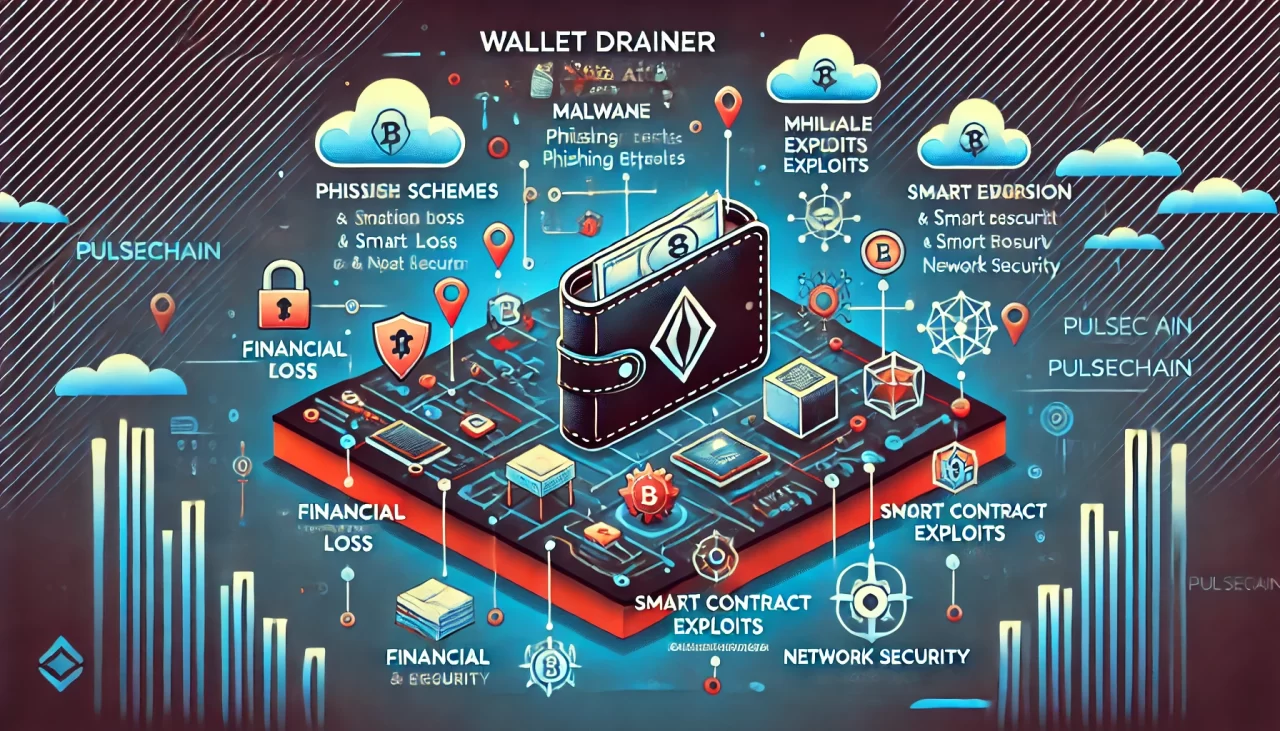Wallet drainer attacks pose significant risks to PulseChain, threatening financial loss, trust erosion, and network security. These attacks exploit vulnerabilities through phishing schemes, malware, and smart contract flaws. Understanding and mitigating these threats through user education, enhanced security measures, smart contract audits, and community vigilance is crucial for maintaining the integrity and stability of PulseChain's DeFi ecosystem.
The Critical Role of Liquidity Providing on PulseChain
Liquidity Providing on PulseChain is essential for ensuring seamless trading, market stability, and efficient price discovery. By facilitating continuous trading through Automated Market Makers (AMMs), reducing market volatility, and incentivizing participation, liquidity providers play a pivotal role in the platform’s health. Their contributions support DeFi innovation, enhance security, and foster a trustworthy trading environment, making liquidity providing a cornerstone of PulseChain’s decentralized finance ecosystem.
Automated Market Makers on PulseChain
Automated Market Makers (AMMs) are revolutionizing decentralized finance (DeFi) on PulseChain by providing seamless and continuous trading without the need for traditional order books. Utilizing liquidity pools, where users deposit pairs of tokens, AMMs facilitate trades based on mathematical formulas that dynamically adjust prices according to supply and demand. This method ensures liquidity and efficiency in transactions, minimizing the impact of market volatility. PulseChain's advanced blockchain infrastructure, characterized by high throughput and low transaction fees, enhances the functionality of AMMs. Liquidity providers earn a share of transaction fees, incentivizing them to contribute to the liquidity pools.




